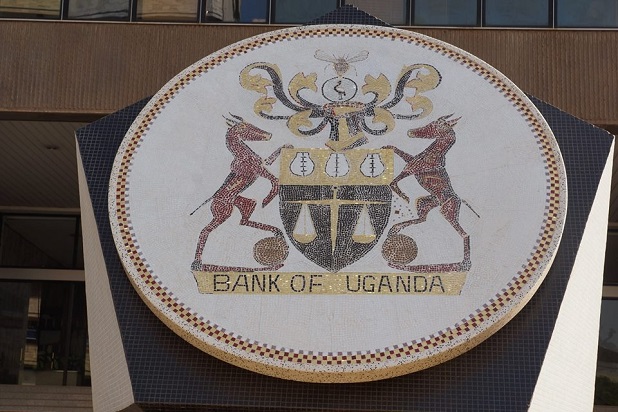The World Bank forecasts that the growth of the sub-Saharan African economies will fall again this year, losing the momentum it had gained in 2021 after the devastating COVID-19 effects. The continent is estimated to have grown at 4 percent, a higher rate than the 3.3 percent that had been forecast in October as the pandemic was then expected to continue exerting adverse socioeconomic effects.
It is now expected that in 2022, the economy will grow more slowly at 3.6 percent, and pick up slightly in the subsequent years. The growth recovery slowed down in the second half of the year 2021 due to the impact of the Delta COVID-19 variant, rising debt levels in many countries, persistent bottlenecks to production and supply, as well as the stagnation of prices of minerals.
This is expected to continue into this year and will be abetted by the Russia Ukraine conflict according to the World Bank Report dubbed the Africa Pulse.
“The growth deceleration in 2022 reflects several short-term headwinds, the slowdown in the global economy, lingering effects of the coronavirus pandemic, elevated inflation, rising financial risks owing to high public debts reaching unsustainable levels, continued supply disruptions, and the war in Ukraine,” says the latest report.
Albert Zeufack, Chief Economist, Africa Region explains that the war in Europe is disrupting supplies of essential items to Africa especially cereals, as well as financial flows to countries.
Zeufack adds that the conflict’s effects on other countries, especially the west will also have a spillover effect on Africa as the inflation being experienced there will push up the prices of imports by Africa.
Inflation rates have been rising in Africa since late last year especially when the prices of oil started rising sharply. At the end of March, headline inflation in Uganda rose to 3.7 percent and the Bank of Uganda forecasts that in 2022, it will average 5.2 percent, which is above the target.
Economic growth is expected to rise to above 5 percent this year. Delivering the latest Monetary Policy Statement, BOU Deputy Governor, Michael Atingi-Ego says that apart from the Ukraine conflict, the new restrictions to contain a surge in COVID-19 cases in China threaten to increase the challenge of supply disruptions for Uganda and other African countries.
Uganda uses the Monetary Policy to control inflation and the cost of money, using adjustments in the base lending rates or the rates at which commercial banks should borrow from the Central Bank.
The base rate has been maintained at a low 6.5 percent for the fifth consecutive time, with BOU saying that while this is likely to increase the availability of cash in the economy, hence inflation, there is a need to support access to credit by the private sector.
But the World Bank economist says some inflation-control policies like the Monetary Policy used by the Bank of Uganda, cannot be effective because most African countries are consumer economies. Zeufack says in the developed economies, the Central Bank Rate adjustments are effective because their inflation is influenced by demand rather than supply disruptions.
Instead, Dr Zeufack says African countries should use tax measures to control inflation, like reducing taxes on imports, to make them more affordable. This is one of the suggested solutions that the Uganda government has rejected, saying it will affect revenue collections and service delivery.
But Zeufack says the policies can be played around with instead of banning food exports as suggested in other countries.
The covid 19 pandemic had been expected to have a more catastrophic effect on the continent than what has been seen, but the Bank as well as UN agencies think millions of cases have not been accounted for due to the limited testing capacity.
Around eight million cases of COVID-19 and more than 169,000 deaths were registered, mostly in Eastern and Southern Africa sub regions, compared to early predictions that as many as 70 million Africans would be infected by June 2020 and more than three million deaths.
The number of fatalities, hospitalizations, and intensive care unit admissions have remained low on the continent throughout the recent Omicron wave, suggesting a potential end to the emergency phase of the pandemic.
This has eased earlier fears that the health sectors of the countries would be more stretched and have a bigger adverse impact on the economies than the reality has been so far. “However, it is important to continue surveillance of the pandemic as new variants may arise, and the long-term effects of COVID-19 are being assessed,” says the Africa Pulse.
-URN





